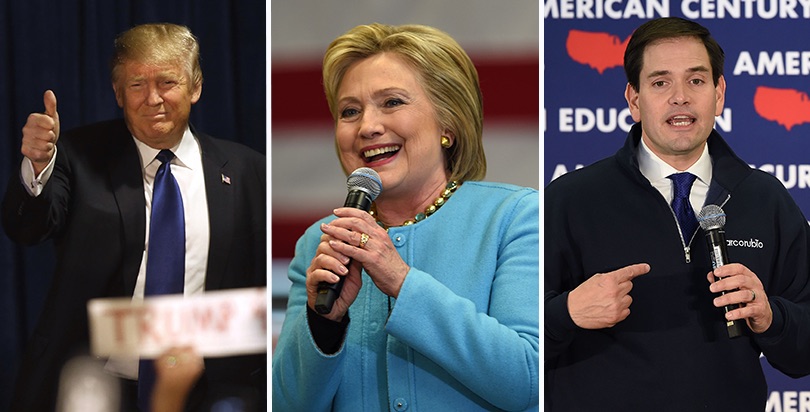
After months of campaigning, more than a dozen primetime debates and tens of millions of dollars’ worth of TV ads, the presidential primary votes are rolling in — and the candidates are falling like dominoes.
Democrat Martin O’Malley exited the race after Iowa. Following poor finishes in New Hampshire Tuesday, both New Jersey Gov. Chris Christie and former CEO Carly Fiorina announced they were dropping out of the race. Jim Gilmore stepped away soon after, and Jeb Bush announced in South Carolina that he was calling it quits.
What started with 22 hopefuls has been narrowed down to a field of even.
Since our New Hampshire Education Summit, The 74 has been there every step of the way, hoping for serious discussions of the policies affecting American students. Alas, all we’ve heard are sound bites and taglines — and more than a few dishonest one-liners.
So why so little K-12 debate? Rick Hess of the American Enterprise Institute argues that in previous elections where education was prominent, the issue was driven by candidates rather than voters, and the 2016 candidates just don’t seem to care. New America senior researcher (and 74 columnist) Conor Williams puts the blame on the Every Student Succeeds Act, saying that that political bargain successfully bumped education from the election agenda — and that the next president will have even less influence in the country’s schools than previous leaders.
But you can’t blame an education news outlet for dreaming. There are still nine candidates vying for the Democrat and Republican nominations — and one prominent independent waiting in the wings. Each candidate has a stated position on education policy, which we have included in our comprehensive #EDlection2016 Election Cards.
Read everything we know about the top education issues driving the remaining candidates (in no particular order) here.
Read everything we know about the top education issues driving the remaining candidates (in no particular order) here.

